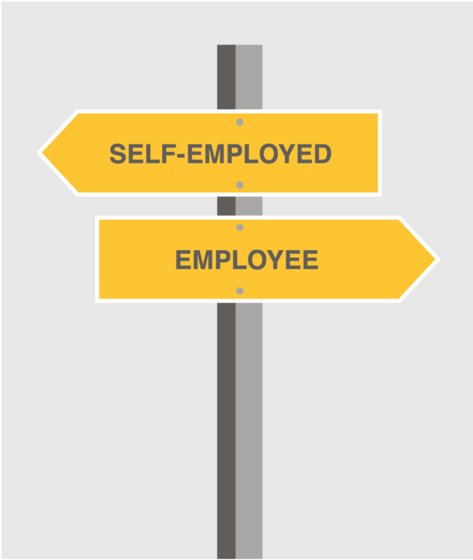 ©Chaded - stock.adobe.com
©Chaded - stock.adobe.com
New forms of work – approaches to social security
European Social Insurance Platform investigated the social protection of platform workers.
ed* No. 03/2018 – Chapter 2
EU Competition Commissioner Magrethe Vestager announced in October 2018 that ‘2 % of the adult population now earns more than half of their income through one or more platforms.’ Platform work also plays an increasingly important role in Germany. Approximately 3.4 % of people over the age of 18 earn their income via online work platforms, at least part-time; a third of these people work at least 30 hours per week. These can be jobs as diverse as passenger transport (Uber), food delivery (Foodora, Deliveroo), or purely online work that does not have to be done locally (AmazonMTurk, Upwork), just to name a few examples.
The debate on the future of work and social protection has been going on for a while at European level. This was highlighted in a recent speech by EU Commissioner for Employment and Social Affairs, Marianne Thyssen, who emphasised that ‘our social security systems are built on labour markets that no longer exist’.
Whether this is actually true is the focus of a study by the European Social Insurance Platform (ESIP). ESIP is one of the European umbrella organisations for statutory social security systems of the Member States. Included among its members are the umbrella associations of Germany’s social security system. The study was conducted in 2017 and 2018 for selected countries.
The sample cases selected in the study had one thing in common: The provider of services works in parallel or in quick succession for multiple clients, the ‘users’ of the platform. These can be private persons, but also businesses.

The platform worker in Europe – self-employed or employed?
The first issue looked at was the status of platform workers. Are they employees, self-employed or some kind of third category? The answer provides an initial insight into potential gaps in social protection. This is particularly the case in countries where access to social protection and social security contributions depends on the status of the platform worker as ‘employee’ or ‘self-employed person’.
It comes as no big surprise that, in almost all countries, the various groups of platform workers studied are legally regarded as ‘self-employed’. However, in some cases the workers themselves have a say on agreeing their contractual status, regardless of the nature of the work (for example, in Belgium or Poland). This becomes very clear when it comes to the classification of delivery services. In many countries, the classification depends on the business model of the respective platform. Foodora and Lieferando offer employment contracts, whereas Deliveroo seems to work exclusively with self-employed people.
But there are other exceptions. In Hungary, both virtual, online platform workers and the suppliers of delivery services are considered to be dependent employees, but not Uber drivers. In Switzerland, it is the other way around: There, the social security system considers Uber drivers to be employees, although this is currently being disputed in the courts. France considers Uber drivers to be self-employed in terms of employment law, but under social law as dependent employees. In any case, France is already very close to a proposal for a professional group, which is increasingly found in academic discussions: the legal creation of a third status, a third category (or several), which is somewhere between ‘dependent employee’ and ‘self-employed’. A common element of all these deliberations is the intention to give the persons concerned access to at least part of the usual rights that employees have or give them a part of the protection afforded by social security systems.

